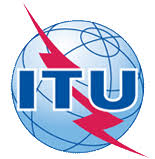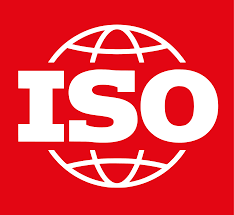Aleksandr Tiulkanov
Country
France
Impact on SMEs (8th Open Call)
This activity has significant impacts on AI standardization and European interests, notably related to the facilitated EU AI Act Compliance, as there will be a more clear alignment between standards and regulatory requirements will simplify compliance processes for organizations.Also, this allows reduced compliance costs and efforts, particularly beneficial for SMEs and startups in the AI sector.
Open Call
Organization
Responsible Innovations
Personal website
Portrait Picture

Proposal Title (8th Open Call)
Enhancing AI Risk Management and QMS Standards for EU AI Act regulatory purposes in CEN/CENELEC
Standards Development Organisation
Topic (8th Open Call)


